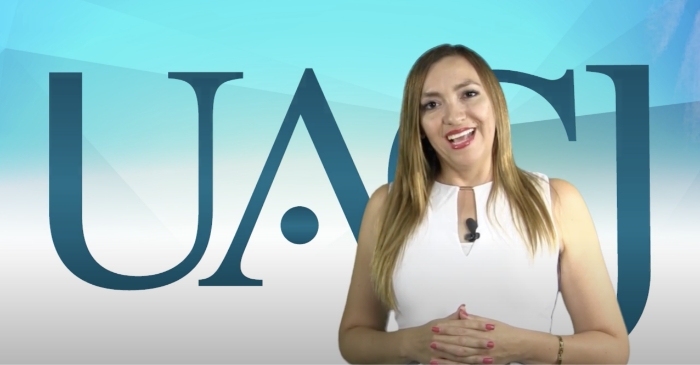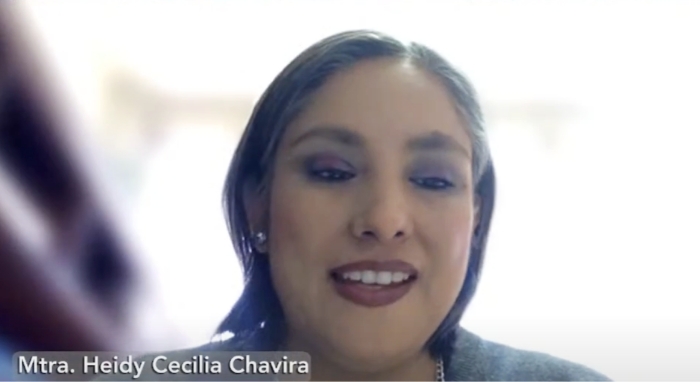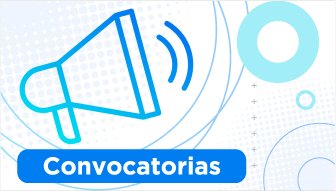
|
Experiencias de Internacionalización |

Docentes y Gestores
Dra. Erika Berenice Mears Delgado / ICSA / University of Royal Roads, Canadá 2020-2
Del 26 de octubre al 29 de noviembre del 2020, un grupo de profesores de la UACJ
tomaron el curso virtual Facilitating Learning Online – Fundamentals en la
University of Royal Roads de Canadá. A continuación, se comparte la declaración de
la filosofía de enseñanza en línea de la Dra. Erika Berenice Mears Delgado:
Teaching Philosophy Statement
Berenice´s Online teaching philosophy statement. I believe that education is a
process in which people not only develop disciplinary skills, but also other
essential skills in professional and personal life (teamwork; organization; ability
to make decisions; creativity and innovation; effective communication; management of
information; flexibility to change; continuous learning; technology 5 management).
Teachers must be a role model from which students identify the values that are
expected to mark their actions in the academic role; personally and professionally
(responsibility, justice, commitment, ethics, collaboration, empathy, independence,
integrity, perseverance, improvement). When we talk about education, the example is
a strategic piece. The models and the references that are around are the most
powerful tool. I promise to follow what I consider to be the Decalogue of the
essential elements that drive online learning. 1) The role of the teacher is to act
as a guide; 2) The design of the course should allow students to develop their
knowledge from their own learning styles and their experiences and knowledge that
are part of their history; 3) Learning must take place in a safe environment, in
which the premise that learning is a socially constructed experience prevails; 4)
The learning process must respect the individual processes of the students and
enhance their own development; 5) Learning should be a meaningful and memorable
experience, through the design of practical activities related to daily life; 6) The
center of the teaching-learning process is both, the teacher and the students, in
the understanding that in a community learning occurs in all directions; 7) The use
of tools according to the online learning scenarios that facilitate that learning is
generated in a meaningful and attractive way for students; 8) The constant
exploration and learning by the teacher, about new technologies to incorporate
strategies; 9) Design teaching strategies, such as: co-evaluation; self-appraisal;
group and individual synchronous sessions; interactive activities; playful
activities; that allow the construction of a learning community, where, as
established by Koh & Kim (2003), students experience feelings of belonging to the
virtual community and of positive influence on other members of the community; 10)
Achieve that learning be seen as a lifelong process. I promise to have an open
attitude that allows me to see the different points of view of the students towards
the general design of the course, the evaluation criteria and the follow-up that as
a teacher. Having an open attitude that allows me to learn from my students and the
self-recognition that I make of my work as a teacher, being a co-apprentice of the
process. I have carried out their learning and their particular needs that are in
the context of the values of equity and justice; to continue learning about all
those knowledge and skills that contribute to improve my work as a teacher
(participation in training courses; attendance at conferences; collaborative work
with other teachers; self-learning; and in general, to carry out a self-reflective
process about my own practice as a teacher. I promise to be brave, and to work hard
in fulfilling this philosophy. In conclusion, the student and the teacher are a
binomial entity. The learning of students is an integral process in which teachers
have the opportunity to change lives.
Comparte este artículo

